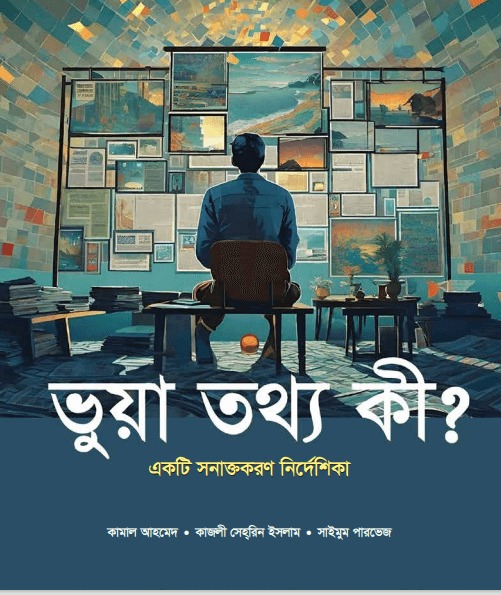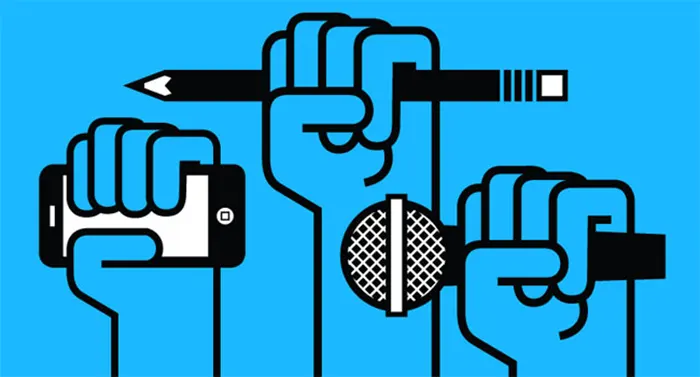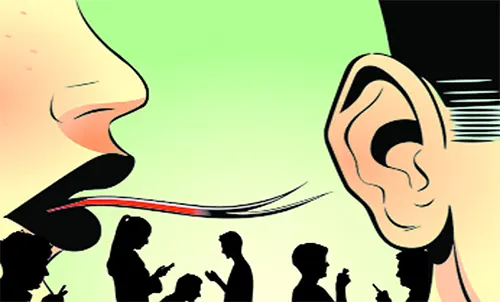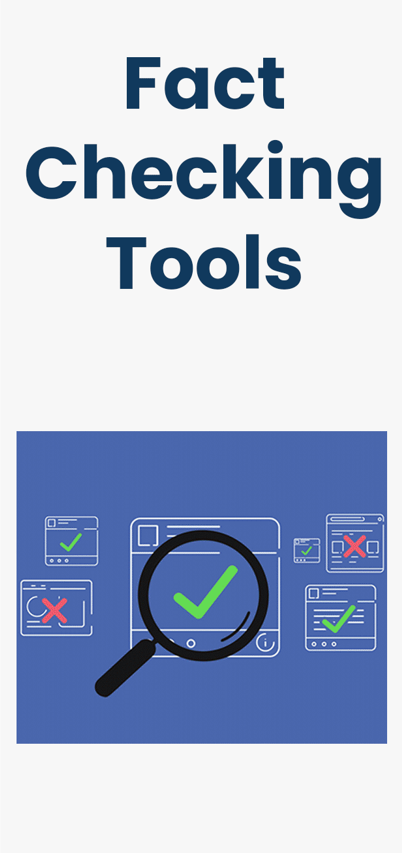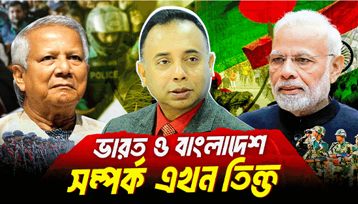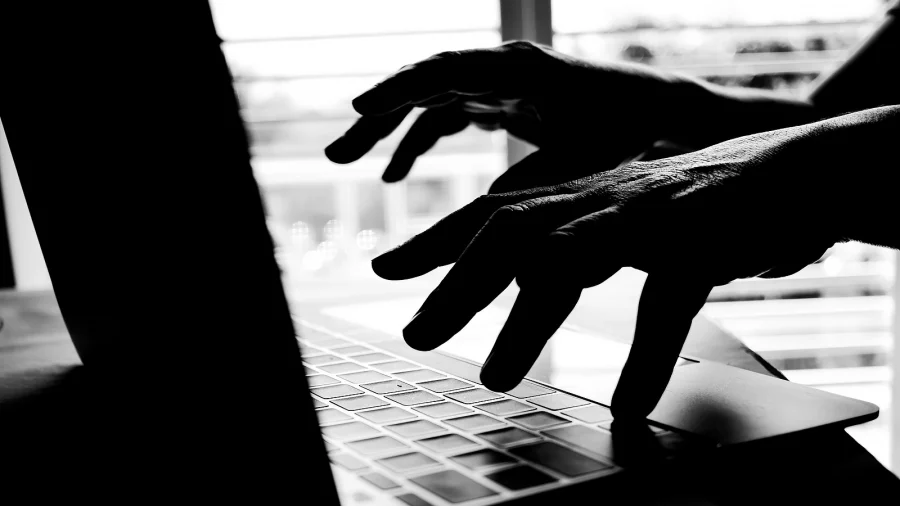
Like everywhere else, Bangladesh's media industry is now dealing with a severe problem: The spread of misinformation. Rumor Scanner, a fact-checking organization, discovered that 685 items from 127 domestic media sites were false in the first three months of 2023.
The issue is that it is not every man's responsibility, or even possible for every person, to verify every item of news they encounter independently. So whose job is it, then? A fact checker.
Fact-checkers check the accuracy of the information in news articles or other published documents. They carefully examine the claimed facts and information to enhance the quality of those materials. Plus, they assess the legitimacy of political statements made in public. The practical application of the practice has increased significantly recently.
A nationwide study of the fact-checking skills of thousands of American high school students was recently conducted by Sam Wineburg, a research psychologist at Stanford's Graduate School of Education. The study set out to develop the fact-checking skills of American students. While other nations strive to improve their fact-checking skills, Bangladesh's situation differs significantly. The scenario is different because of some false myths and a lack of proper knowledge about fact-checking jobs; it has yet to be considered a suitable career option for graduates.
According to a recent estimate by the International Labour Organization (ILO), the Covid-19 outbreak that caused a labour market crisis globally, causing Bangladesh's unemployment rate to rise by 1.1% to 5.3% in 2020.
When as many as 6,50,000 young people apply for as few as 427 jobs, only a little is left to the imagination as to where the country is headed shortly, according to a December 8, 2022 article in The Financial Express. Thousands of young people, all graduates, have applied for work as lower staff members in the 17th grade. Only 621 positions need filling, but 10,000 applicants have applied.
Where the unemployment rate has been a red flag in Bangladesh, we should utilize many more options to decrease the unemployment rate, and for fresh graduates, fact-checking should be a better choice.
Qadaruddin Shishir, a successful fact-checker in Bangladesh and co-founder of BD FactCheck, said that challenging established and dominant narratives through investigation always fascinate him, and the internet brought him the opportunity to do the job sitting at his desk using online tools and techniques. This turned him into a professional fact-checker. He trained the first generation of professional fact-checkers in Bangladesh; some now work in national and international organizations with handsome salaries.
Different strategies are used in various nations to fight misleading information, including public awareness campaigns, media, and news literacy initiatives, legal action against individuals responsible for organized disinformation campaigns, and fact-checking to warn the public.
Fact-checking is an effective way to fight misinformation, according to numerous studies. In one such study, two researchers from The Ohio State University and George Washington University in the United States discovered "experiments conducted simultaneously in Argentina, Nigeria, South Africa, and the United Kingdom reveal that fact-checks increase factual accuracy, decreasing belief in misinformation."
This is where modern fact-checking, the practice of confirming assertions that have already been published, comes in. Fact-checking is a respectable line of work. Businesses utilize fact-checkers to guarantee that the information they provide customers is accurate. The media sector has a high concentration of these workers. Joining a company's research team, where they verify the integrity of data provided by the firm, is the normal function for these individuals.
The work of a company's fact-checkers can make or break a company's reputation in the marketplace. However, this post offers various research employment alternatives if fresh graduates seek an alternative career route beyond fact-checking but still want to improve their research, critical thinking, attention to detail, analytical, and organization skills.
Journalists must develop their web research and verification skills in the coming years. Fact-checking as a profession will not expand all that much, which means it will not create thousands of jobs, but fact-checking as a skill should be essential for many other disciplines like journalism, communications, public relations, and those who need to monitor or verify online content or adhere to someone online as part of their jobs.
In Bangladesh, fact-checking is making its way into the curriculum. Fact-checking organizations like AFP, BOOM Bangladesh, Dismislab, Rumor Scanner, and Fact-Watch are now active in Bangladesh.
Several Indian fact-checking organizations operate in Bangladesh with their Bengali language services, including FactCrescendo, Aajtak, Newschecker, and India Today.
Rajshahi University has already introduced a complete course on the topic; some other universities have it on their table. Every journalism graduate needs to be trained in online verification. Recently, along with the International Fact-Checking Network (IFCN) of the Poynter Institute, Meta launched a free introductory fact-checking course for journalists in Bangladesh and the Asia-Pacific area.
The International Fact-Checking Network celebrates International Fact-Checking Day on April 2 each year, which is placed symbolically immediately following April Fools' Day. Regardless, fact-checking to fight misinformation is relatively new in Bangladesh. It is time to honor the truth and promote fact-checkers' efforts worldwide, especially in Bangladesh.
News Courtesy:
